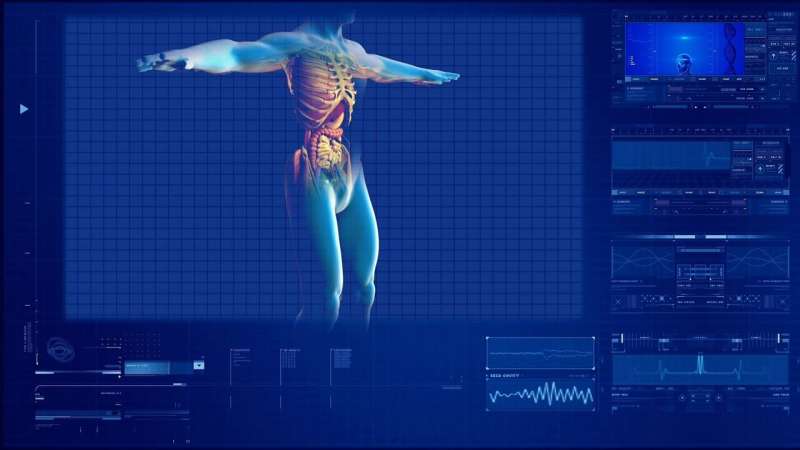Revolutionary Cell-free RNA Testing Identifies Biomarkers for Chronic Fatigue Syndrome

Researchers utilize cell-free RNA analysis and machine learning to identify biomarkers for diagnosing chronic fatigue syndrome, promising a new era of blood-based testing for complex illnesses.
Recent advances in blood-based biomarkers have opened new avenues for diagnosing complex illnesses like chronic fatigue syndrome (ME/CFS). Researchers from Cornell University have developed innovative machine-learning models that analyze cell-free RNA—molecules released into blood plasma during cellular damage—to identify key biological markers associated with ME/CFS. These markers reflect underlying immune dysregulation, tissue injury, and cellular signaling alterations characteristic of the syndrome.
The study involved collecting blood samples from individuals diagnosed with ME/CFS and a control group of healthy sedentary individuals. The team isolated and sequenced RNA molecules from plasma, discovering over 700 transcripts significantly different between the two groups. Machine-learning algorithms processed these data, achieving a 77% accuracy rate in distinguishing ME/CFS patients from healthy controls.
Further analysis mapped the RNA signatures to specific cell types, revealing increased activity of plasmacytoid dendritic cells—immune cells involved in antiviral responses—and notable differences in monocytes, platelets, and T cell subsets. These findings suggest widespread immune system involvement and chronic immune activation in ME/CFS.
The approach marks a significant step toward developing a diagnostic blood test for ME/CFS, a condition traditionally diagnosed through symptom assessment due to the lack of definitive laboratory tests. The researchers believe this method can also discriminate ME/CFS from other conditions like long COVID and enhance understanding of other chronic diseases.
The study was published in the Proceedings of the National Academy of Sciences, led by doctoral student Anne Gardella and in collaboration with experts in biomedical engineering and molecular biology. The team previously used similar techniques to investigate inflammatory conditions like Kawasaki disease and MIS-C in children.
This breakthrough demonstrates how molecular signatures embedded in blood plasma can offer insights into diseases that are otherwise difficult to diagnose, paving the way for precise, blood-based diagnostics for chronic illnesses.
Source: Medical Xpress
Stay Updated with Mia's Feed
Get the latest health & wellness insights delivered straight to your inbox.
Related Articles
Cost Comparison: Multitarget Stool DNA Tests vs. FIT for Early Detection of Colorectal Cancer
A new study compares the costs of multitarget stool DNA tests and FIT for early detection of colorectal cancer, revealing higher expenses associated with DNA-based methods despite their increased sensitivity. The findings highlight the importance of cost-effectiveness in colorectal cancer screening strategies.
New Study Links PFAS Exposure in Firefighters to Gene Activity Alterations and Potential Health Risks
New research reveals that chemicals firefighters are exposed to may alter gene activity linked to cancer and neurological diseases, highlighting the importance of understanding PFAS health effects.
Innovative Gecko-Inspired Material Promises More Effective Cancer Treatment with Fewer Side Effects
A new bio-inspired cancer therapy utilizing gecko-like adhesion promises targeted treatment with fewer side effects, potentially transforming cancer care.



